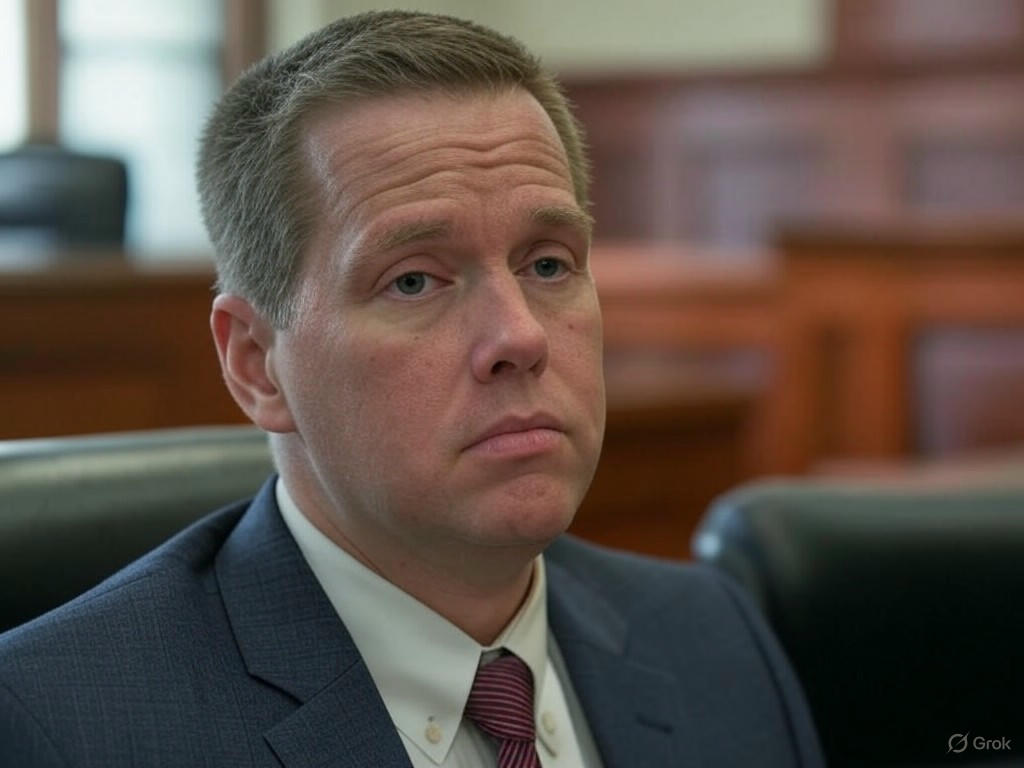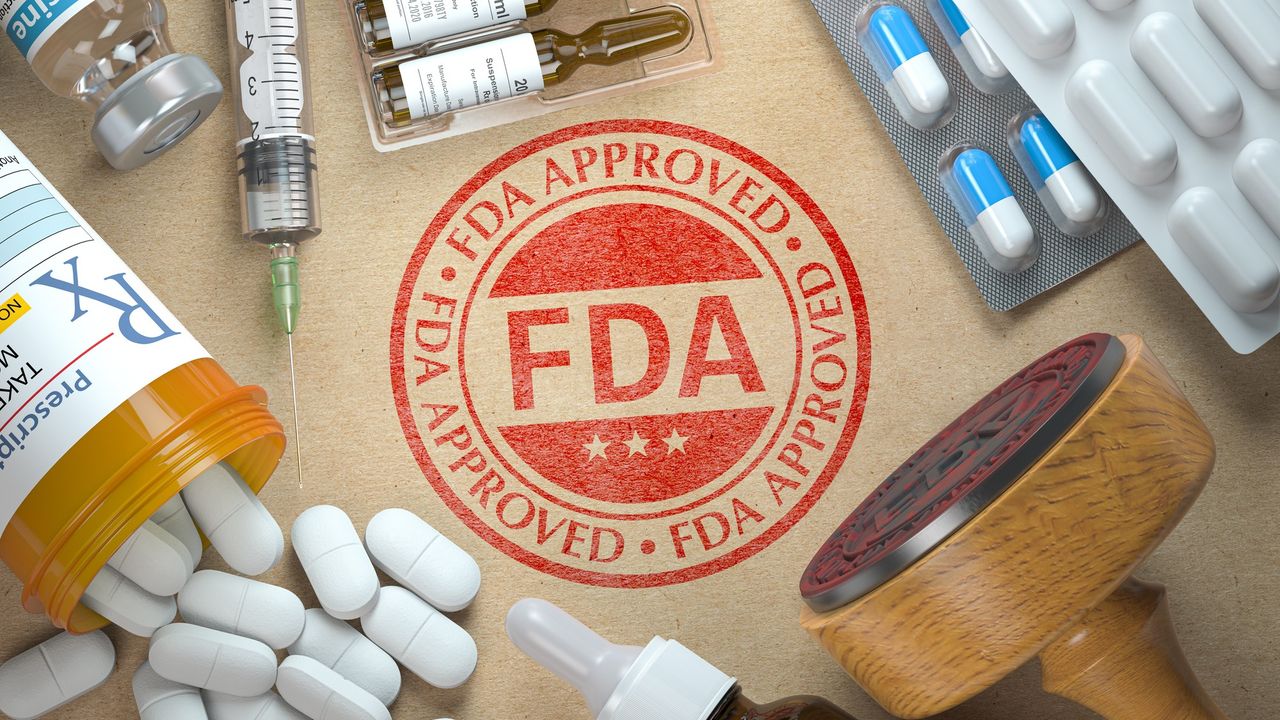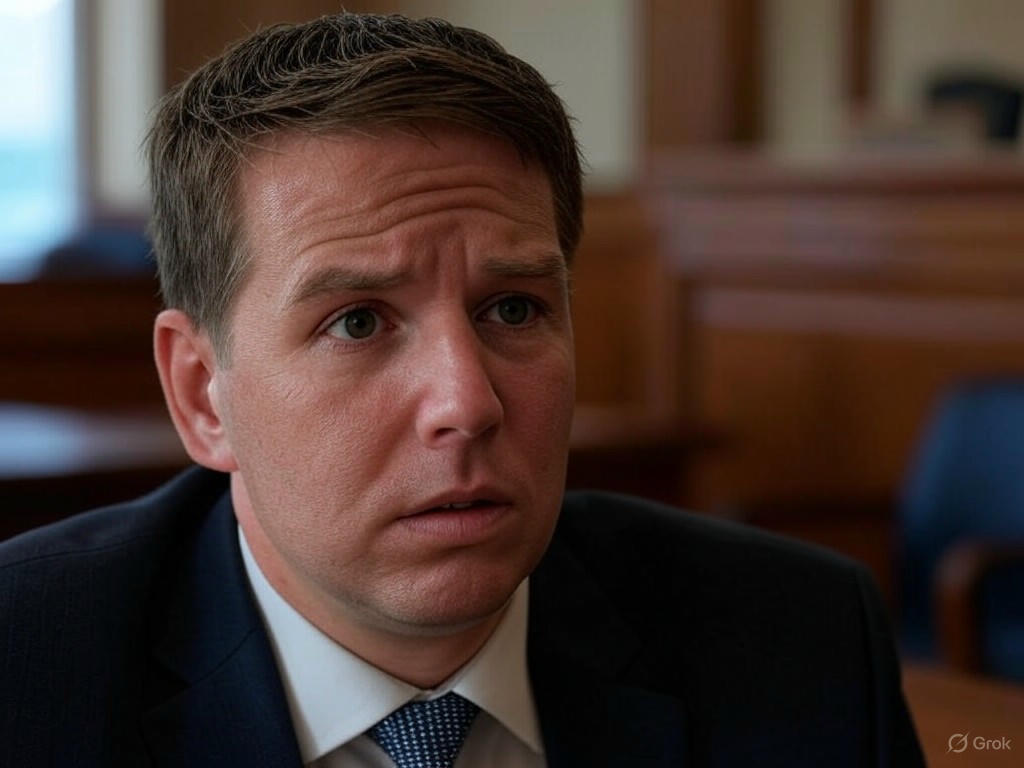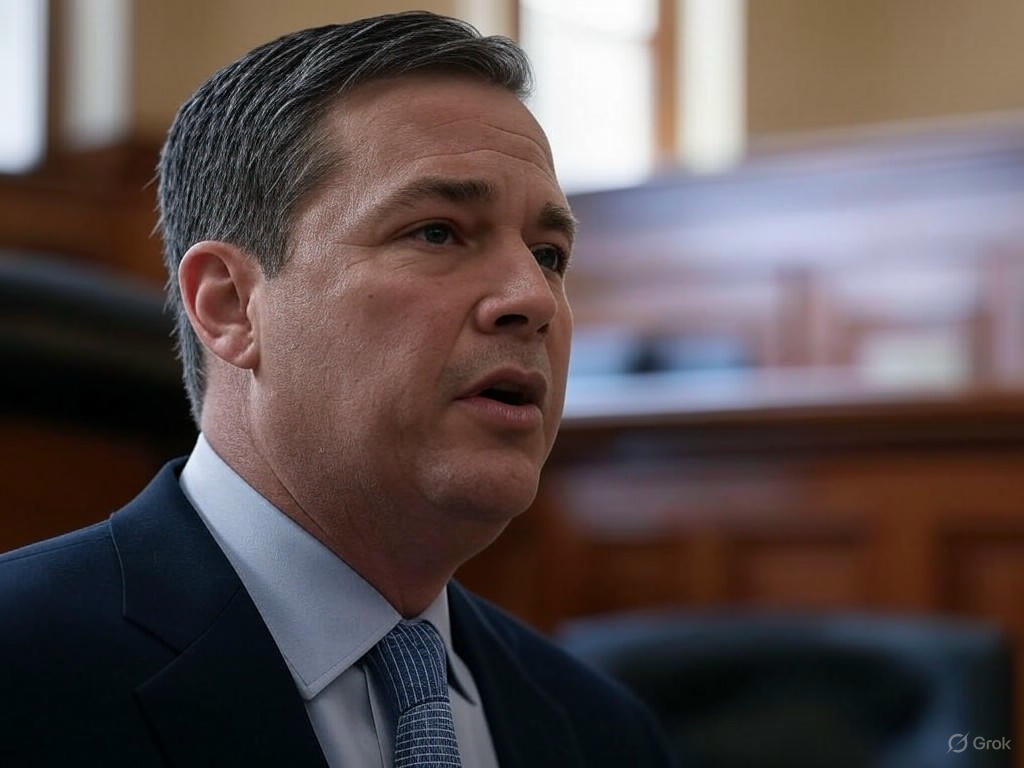

How Big Pharma and FDA Blunders Fueled America's Deadliest Drug Epidemic
Abstract
Over the past 25 years, pharmaceutical giants have unleashed a deceptive promotion of opioids, leading to a catastrophic rise in addiction and overdose deaths. This article delves into the regulatory blunders by the FDA in approving and labeling these drugs. By addressing these failures, we might prevent future public health disasters.
Introduction
In the U.S., opioid use disorder (OUD) and overdoses were once rare, but they've skyrocketed, paralleling a massive increase in opioid prescriptions. Today, OUD is rampant, especially among chronic pain patients, and opioid overdoses are the top cause of accidental death. This crisis has triggered a tsunami of health and social issues, from neonatal withdrawal to workforce decline, described by the CDC as the "worst drug overdose epidemic" in U.S. history.
Regulatory Failures
The FDA's oversight has been grossly inadequate, with critics, including a former commissioner, lambasting the agency for allowing the promotion of opioids for chronic pain. Despite this, the FDA has not reformed its policies, instead adopting a defensive stance, refusing to acknowledge its role in this public health debacle.
Failure to Properly Enforce Marketing Regulations
The FDA failed to enforce marketing laws when approving Purdue Pharma's oxycodone, allowing broad, dangerous promotion for conditions like low-back pain. This oversight led to a prescription frenzy, with other companies following suit, funding campaigns that misled doctors about addiction risks.
Failure to Obtain Evidence of Long-term Safety and Effectiveness
Opioids were marketed as safe for long-term use despite decades of evidence showing severe risks. The FDA approved these drugs based on flawed trials, ignoring the potential for addiction and other adverse effects, highlighting a shocking disregard for public safety.
Failure to Manage Conflicts of Interest
The revolving door between the FDA and Big Pharma has compromised oversight, with key FDA officials moving to lucrative positions in the industry they once regulated, raising serious ethical questions about their loyalties.
Oversight Recommendations
To combat this crisis, the FDA must enforce existing laws, narrow opioid indications, and add explicit warnings. A thorough investigation by Congress and the Executive Branch is crucial to reform the FDA, ensuring public health triumphs over corporate greed.
TOP STORIES





